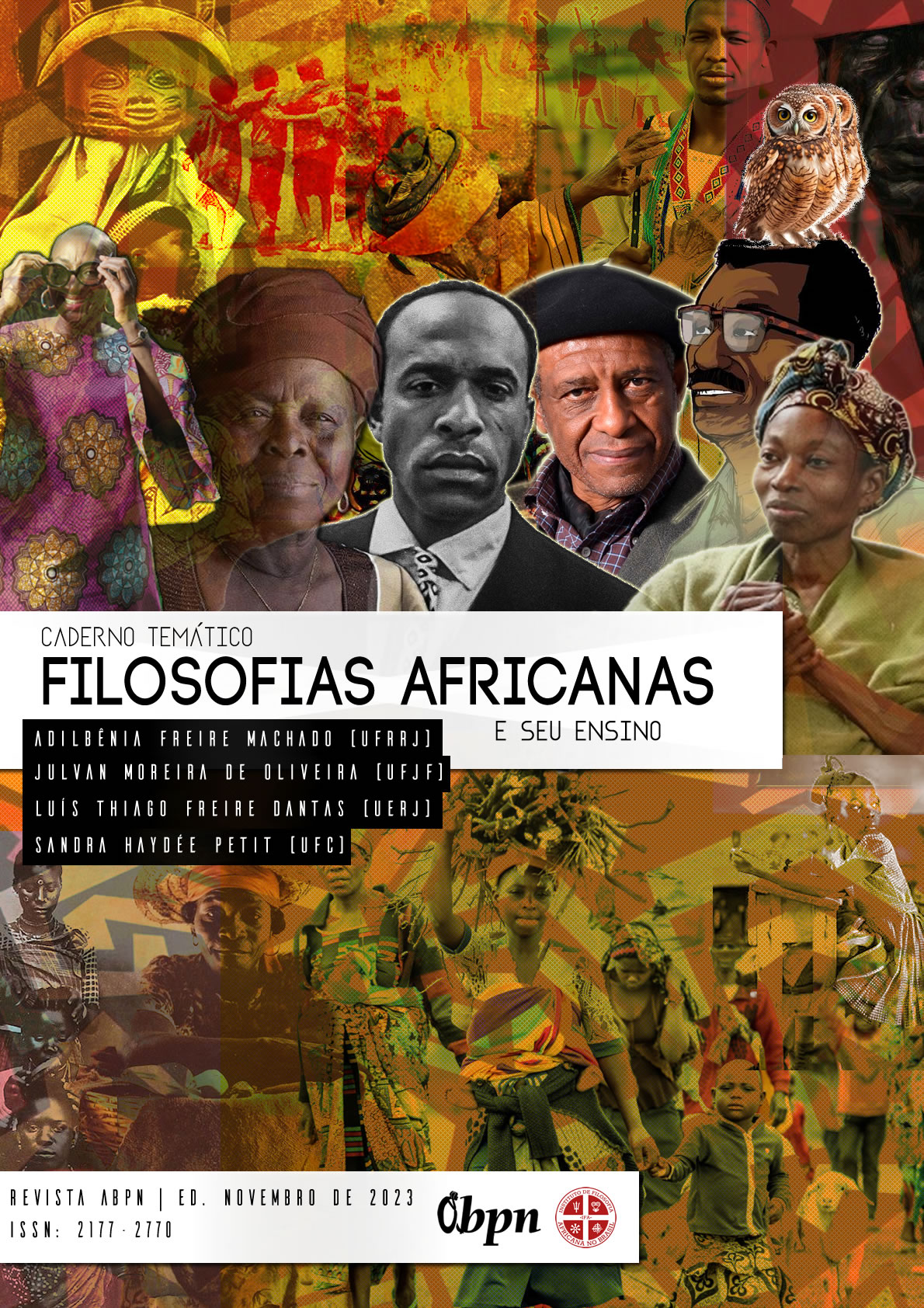Oyèrónkẹ́ Oyěwùmí: em defesa do oxunismo
Main Article Content
Abstract
This text seeks to dialogue with the conference “Desaprendendo lições da colonialidade: escavando saberes subjugados e epistemologias marginalizadas”, pronounced by the yorùbá philosopher Oyèrónkẹ́ Oyěwùmí at the closing of the International Seminar “Decolonialidade e Perspectiva Negra” at the Universidade de Brasília (UnB). Through this lecture the author introduces us to the concept of osunism and makes us question: Is it possible to talk about society without mother/ìyá? Is it possible to defend society without Ọ̀ṣun? In cosmology and sociocultural institutions yorùbá Ọ̀ṣun is ìyá primordial, senior hon(orí)fic and oldest and oldest deity not only with respect to age, but for being the mother of mankind. Therefore, what distinguishes Ọ̀ṣun is the fact that be the first ìyá and be the matripotent principle of the yorùbá ethos. To bring up Ọ̀ṣun’s role in procreation is to reflect on its knowledge/power as the founder of human society and to mirror African philosophies and their teaching.
Article Details

This work is licensed under a Creative Commons Attribution 4.0 International License.
Copyright Statement
- Authors retain copyright and grant the journal the right of first publication, with work simultaneously licensed under the Creative Commons Attribution License CC-BY 4.0 which allows the sharing of the work with acknowledgment of the authorship of the work and initial publication in this journal.
- Authors are authorized to enter into additional contracts separately for non-exclusive distribution of the version of the work published in this journal (eg, publishing in institutional repository or book chapter), with acknowledgment of authorship and initial publication in this journal.
- Authors are allowed and encouraged to post and distribute their work online (eg in institutional repositories or on their personal page) at any point before or during the editorial process, as this may lead to productive changes as well as increase impact and citation of published work (See The Effect of Free Access).

